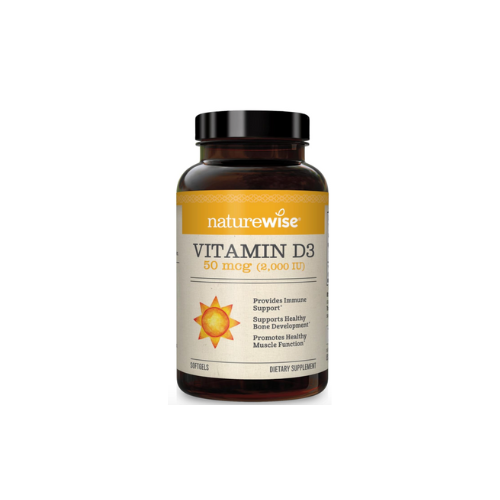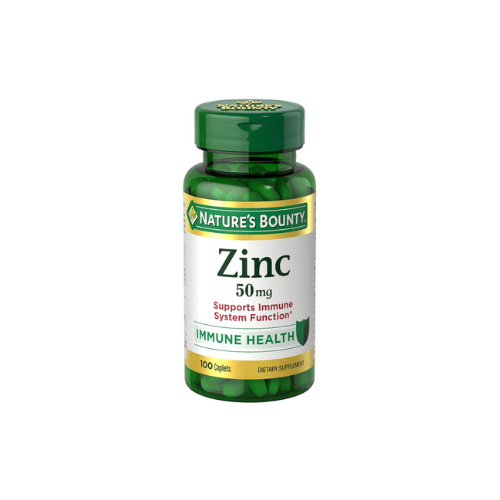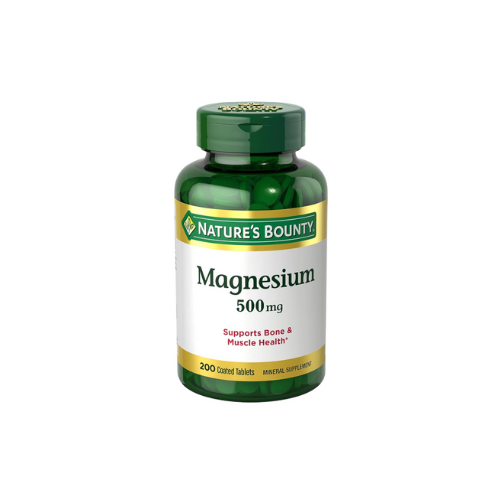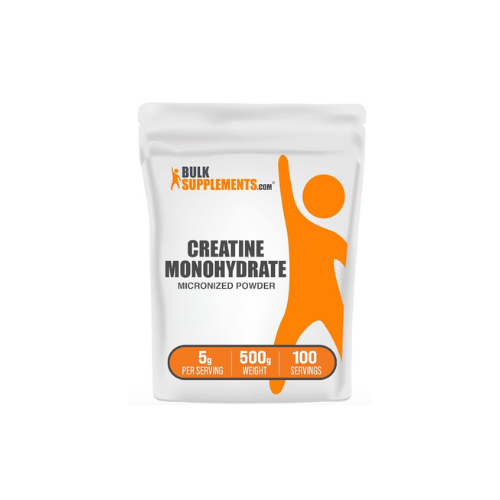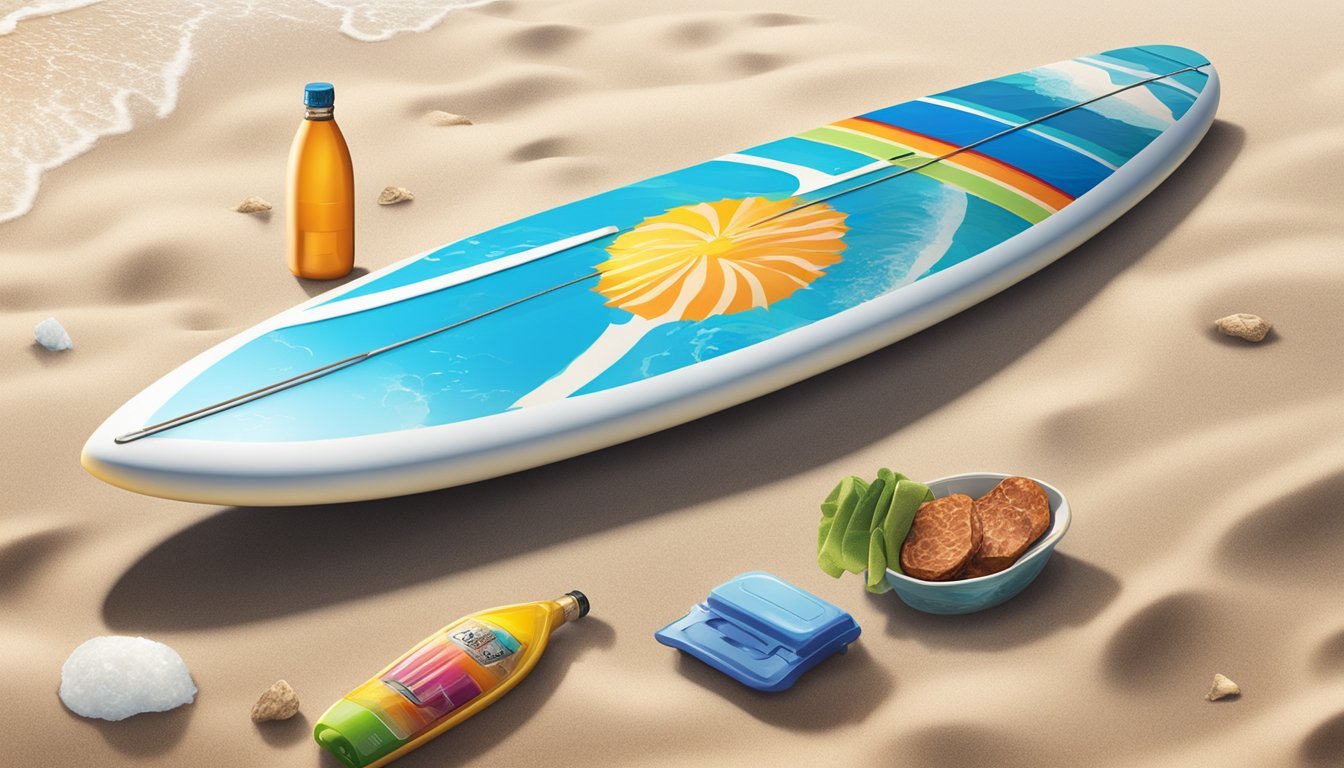The Carnivore Diet for Surfers
Maximizing Stamina for Peak Performance
Surfers face a unique set of physical demands, from the need for muscular strength to enduring the cardiovascular challenge of paddling and the mental focus required to read the waves. To meet these demands, a nutrient-rich diet is a cornerstone of peak performance. The carnivore diet, centered on the consumption of animal products and the exclusion of plant-based foods, posits itself as energy-rich, with advocates claiming that high protein and fat intake from meat can sustain energy levels and improve muscle recovery.
Adopting the carnivore diet for surfers requires a deep understanding of nutrition and how it affects the body during surfing. Energy is paramount when tackling the waves, and this diet focuses on the consumption of nutrient-dense, high-fat, and high-protein foods like meats, fish, and eggs. These foods are known to facilitate muscle repair and growth, critical for surfers who rely on muscle power and endurance.
However, the shift to a carnivorous eating plan comes with considerations of balance and individual health needs. While some surfers might find that a meat-centric diet boosts their energy levels and overall performance, it's essential to approach dietary changes with caution, ensuring that the body receives a full spectrum of nutrients necessary for optimal health and surfing prowess.
Understanding the Carnivore Diet
The Carnivore Diet focuses exclusively on animal products, emphasizing a high intake of protein and fats while excluding carbohydrates. This dietary approach has particular implications for surfers seeking sustained energy and muscle development.
Core Principles of Carnivorism
Exclusively Animal-Based: The Carnivore Diet consists solely of animal foods such as meat, fish, eggs, and certain dairy products.
High Protein and Fat: It delivers high levels of protein and fats, including saturated and healthy fats, while eliminating carbohydrates completely.
Absence of Plant Foods: Unlike omnivorous or plant-based diets, it excludes fruits, vegetables, grains, nuts, and seeds consequently omitting direct sources of certain vitamins and minerals.
Benefits for Surfers
Sustained Energy: Protein and fats from the diet are excellent sources of sustained energy essential for long surfing sessions.
Muscle Mass Maintenance: The high protein content supports muscle mass development and repair which surfers need to perform and recover.
Good Health Markers: Some individuals on the carnivore diet report improvements in certain health markers, although these effects can vary widely.
Common Misconceptions
Saturated Fat Concerns: While the diet is high in saturated fat, it does not inherently mean an increase in bad cholesterol, as individual responses to saturated fat can differ.
Nutritional Deficiency Fears: Though plant foods are eliminated, the diet can still provide essential nutrients through organ meats and certain animal products. However, careful planning may be needed to avoid deficiencies.
Protein Powders: It is a myth that protein powders are necessary; the carnivore diet generally provides sufficient protein through whole foods.
By offering a stream of protein and fats, the Carnivore Diet can be a robust dietary choice for surfers focusing on endurance and muscle strength. It's important to approach this diet with an understanding of the nutritional nuances to maintain good health and peak performance.
Nutritional Strategies for High-Energy Surfing
Proper nutrition and hydration are paramount for surfers to maintain high energy levels and muscle recovery during their sessions. Implementing strategic meal planning, hydration essentials, and pre-surfing energy boosts can significantly impact a surfer's performance on the waves.
Meal Planning for Surf Sessions
Surfers should structure their meals to ensure they are fuel-rich, prioritizing protein for muscle repair and healthy fats for sustained energy. Organ meats and other nutrient-dense foods should be considered.
Pre-surf Meal (3-4 hours before):
Protein: Eggs, fish, or lean meats
Healthy Fats: Avocados, nuts, or seeds
Moderate-sized Meal (2-3 hours before):
Smaller portions of the pre-surf meal options above.
Pre-event Snack (<2 hours before):
Simple carbs: Fruit like bananas
Small amount of protein: Greek yogurt
Hydration Essentials
Hydration impacts a surfer's endurance and performance. Surfers should aim to:
Before Surfing:
Drink 500 ml of water 2 hours before
Drink 250-500 ml of water 30-45 minutes before
During Surfing:
Intake small sips of water between sessions
Hydration Sources:
Plain water is best for hydration
Coconut water can provide electrolytes
Sports drinks should be used sparingly due to high sugar content
Pre-Surfing Energy Boost
Short bursts of energy are necessary for paddling and catching waves. Surfers can benefit from:
Natural Sugars:
A banana or a small apple for quick energy
Caffeine (optional):
A small coffee can enhance focus but should be consumed in moderation due to its diuretic effect.
Each meal and snack should be tailored to provide the right balance of nutrients needed for high-energy surfing, emphasizing hydration to maintain energy levels and facilitate muscle recovery.
The Role of Protein and Fats in Surfing
Protein and fats are the cornerstones of a surfer's diet, driving muscle recovery and providing the endurance needed to perform on the waves.
Optimal Protein Sources for Surfers
Surfers require protein to support muscle repair and recovery after the physical demands of surfing. Lean meats such as chicken and turkey, fatty fish rich in omega-3 like salmon and mackerel, eggs, and legumes are ideal choices. These sources provide high-quality protein essential for maintaining muscle mass.
Fish: Offers omega-3 fatty acids beneficial for inflammation reduction.
Eggs: Contain all the essential amino acids required for muscle recovery.
Nuts: A convenient and nutrient-dense snack containing protein and healthy fats.
Understanding Fats for Endurance
Fats play a significant role in providing prolonged energy for athletes. Surfers need to focus on consuming beneficial fats that support their energetic needs while promoting overall health. Sources of good fats include avocados, nuts, and seeds, as well as the aforementioned fatty fish. These fats are not only vital for energy but also aid in the absorption of vitamins and the protection of cells.
Monounsaturated Fats: Found in avocados and nuts, support heart health.
Polyunsaturated Fats: Crucial for cell development, these are plentiful in fish and seeds.
Energizing Foods and Recovery Nutrition
In the rigorous world of surfing, selecting appropriate foods for energy and recovery is critical. Surfers need high-quality protein, carbohydrates, and essential fats to fuel their bodies and aid muscle repair after intense sessions.
Foods to Fuel Your Surfing
To maintain energy on the waves, surfers should integrate a diet rich in carbohydrates and proteins. Foods high in complex carbohydrates such as whole grains, beans, and vegetables provide a steady release of energy, whereas fruits like bananas offer a quick glucose boost. For sustained energy, it is recommended to consume these carbs in combination with proteins and fats found in nuts, eggs, and dairy products like yogurt. The inclusion of fresh fruits and a variety of vegetables supplies necessary vitamins and minerals, supporting overall health and performance.
Suggested Foods for Different Meal Types
Breakfast
Oatmeal, Eggs, Banana
Lunch
Quinoa Salad, Nuts
Dinner
Grilled Fish, Veggies
Snacks
Yogurt, Fresh Fruits
Surfer's Post-Session Recovery Foods
Following intensive surfing, recovery nutrition focuses on protein to repair muscles and carbohydrates to replenish depleted glycogen stores. For protein, surfers should look for lean sources like poultry, fish, or plant-based options such as beans. Combining these with complex carbohydrates helps to restore energy levels efficiently. Additionally, dairy products, specifically yogurt, can contribute beneficial probiotics and additional protein, promoting gut health and recovery. A balance between these macronutrients is essential for optimal recovery.
Nutrients and Recovery Foods
Proteins
Recovery Foods: Fish, Eggs, Beans
Carbohydrates
Recovery Foods: Sweet Potatoes, Quinoa
Fats
Recovery Foods: Avocado, Nuts
Hydration
Recovery Foods: Water, Electrolyte-Rich Drinks
By prioritizing the intake of these nutrients, surfers can expect improved muscle recovery and readiness for their next surfing endeavour.
Supplements and Performance Enhancers
Surfers on a carnivore diet need to carefully consider their intake of supplements and performance enhancers to ensure they maintain high energy levels and promote faster recovery.
Supplements for Peak Surfing Performance
The carnivore diet, while rich in proteins, may fall short on certain vitamins and minerals vital for peak surfing performance. Surfers may consider supplementing with:
Vitamins: Vitamin D is crucial for bone health and immune function, and many surfers may not get enough from diet alone.
Minerals: Zinc and magnesium support muscle recovery and energy metabolism. Surfers may benefit from these minerals to prevent cramps and enhance endurance.
Sports nutrition supplements: Creatine monohydrate, known for increasing power and strength, can be valuable for surfers looking to improve performance.
It's essential for surfers to opt for high-quality supplements with no added artificial ingredients that can detract from their health goals.
Avoid the crowds and shop for vitamin D, zinc, magnesium, and creatine monohydrate online from the comfort of your home!
Natural Alternatives to Processed Supplements
For those preferring not to rely on processed supplements, natural alternatives provide a way to support their nutrient needs:
Whole Foods: Lean meats, eggs, and certain seafood like shellfish can provide a rich source of naturally-occurring vitamins and minerals.
Hydration: Adequate water intake is vital, and adding electrolytes through natural sources like bone broth can promote better hydration.
Energy Levels: Consuming a diet high in fatty cuts of meat can sustain energy levels due to the slow-burning nature of fats as a fuel source.
Surfers need to ensure they are consuming a well-rounded diet that strategically includes these natural sources to support their nutritional needs and enhance their surfing performance.
Dietary Adjustments for Surfing Longevity
To maintain peak performance and ensure longevity in surfing, surfers must carefully manage their macronutrient intake while addressing specific nutritional needs to sustain energy in the waves.
Managing Macronutrients for Long-Term Surfing
Protein is crucial for muscle repair and recovery. Surfers need a sufficient amount of high-quality protein—consider sources like lean meats, fish, eggs, and dairy to aid muscle recovery after intense physical activity.
Carbohydrates provide the primary energy source for surfers. It is essential to focus on complex carbohydrates, such as whole grains, fruits, and vegetables, to ensure a sustained release of energy.
Fats should not be neglected, as they are vital for hormone production and overall health. Sources of healthy fats include avocados, nuts, seeds, and oily fish, which contain omega-3 fatty acids beneficial for reducing inflammation.
Key Macronutrient Ratios
Carbohydrates: 45-65% of daily caloric intake
Protein: 10-35% of daily caloric intake
Fats: 20-35% of daily caloric intake
Addressing Specific Nutritional Needs
Surfers should prioritize hydration, as water affects their energy levels and overall performance. Including electrolytes, like sodium, potassium, and magnesium, helps with water retention and replenishes what's lost through sweat.
Vitamins and minerals play vital roles; vitamin C and E, along with selenium, are important antioxidants that help protect the body from oxidative stress. Calcium and vitamin D are critical for bone health, essential in a sport prone to impacts and falls.
Fiber intake from vegetables and whole grains should be ample to aid digestion and help maintain a healthy weight. Fiber-rich foods can also keep a surfer satiated for long periods, helping to manage energy intake.
Incorporating a variety of healthy foods ensures a wide range of nutrients to support the immune system and prevent nutrient deficiencies.
Essential Nutrients for Surfers
Hydration: Key to maintaining energy levels while surfing
Vitamins/Minerals: Antioxidants, calcium, and vitamin D should be included in the diet
Fiber: Contributes to satiety and digestive health
Diet-Related Challenges and Solutions
Adhering to a carnivore diet while maintaining the high energy demands of surfing presents distinct challenges. Surfers must effectively manage cravings for carbohydrates and ensure proper hydration and electrolyte balance, especially during long sessions in the water.
Dealing with Cravings and Dietary Restrictions
Surfers on a carnivore diet may experience cravings for carbs, which are traditionally energy sources for high-endurance activities. To mitigate these cravings and maintain energy levels:
Consume Fatty Meats: Opt for cuts of meat with higher fat content to provide sustained energy.
Include Organ Meats: Organ meats like liver are nutrient-dense, helping to curb hunger and supply vital vitamins and minerals.
Additionally, dietary restrictions necessitate careful planning to avoid nutrient deficiencies:
Vitamin C Intake: While fruits and vegetables are excluded, obtaining vitamin C is possible through consuming certain organ meats.
Fiber Alternatives: A lack of fiber can be addressed by incorporating bone broth, which supports gut health.
Hydration and Electrolyte Balance During Intense Surfing
Maintaining hydration on a carnivore diet during intense surfing is crucial:
Water Intake: Drink at least 500 ml of water 2 hours prior to surfing, followed by 250-500 ml shortly before entering the water.
Bone Broth: A source of electrolytes, bone broth can be consumed as a hydrating warm drink.
Electrolyte balance is essential to prevent cramping and dehydration. Surfers should be mindful of:
Sodium and Potassium: These can be replenished through salted meats and by adding a pinch of salt to water.
Avoid Dehydrators: Minimize intake of alcohol and caffeine, as they can lead to dehydration.
For prolonged sessions, surfers might consider a zero-carb sports drink to sustain electrolyte levels. Balancing water, sodium, and potassium intake helps prevent the adverse effects of dehydration and supports overall performance.
Practical Considerations for Implementing the Carnivore Diet
When surfers consider switching to a carnivore diet, understanding the nuances of this dietary change and its alignment with the high-energy demands of surfing is crucial.
Transitioning to the Carnivore Diet as a Surfer
Transitioning from a typical diet to one that is predominantly meat-based requires a strategic approach. Surfers must consider their current intake of carbohydrates, often used for quick energy, as they will be shifting to a diet that derives energy primarily from protein and fat. Initial adaptation may involve periods of fatigue as the body adjusts. It's important to stagger this transition, possibly starting by eliminating grains and incorporating more fatty meats which provide long-lasting energy, crucial for endurance in the water.
Day 1 Example Meal: Scrambled eggs with bacon; chicken with cheese.
Day 2 Example Meal: Smoked salmon with a sausage patty; pork chops (What wine goes well with pork chops?) in butter.
Surfers should focus on meals rich in omega-3 fatty acids, like salmon, which support good health and may help prevent injuries associated with the sport. Organ meats, a recommended component of the carnivore diet, are dense in nutrients that are vital for muscle recovery and rest.
Balancing a Surfer's Lifestyle with Dietary Requirements
Surfers need continuous energy for performance on the waves and must carefully plan their meals to prevent fatigue. Meals should be scheduled around surf sessions to allow time for digestion and energy conversion. Sources of protein like beef and poultry, when eaten in adequate proportions, offer sustained fuel for the body. However, one must ensure that they maintain hydration as the noticeably higher protein intake requires more water for proper metabolism.
Pre-surf Meal: High-fat content like eggs and bacon cooked in butter.
Post-surf Meal: Replenishing protein, such as liver, which is rich in iron.
It's critical to balance energy expenditure with intake; thus, extra attention should be paid to meal size and frequency. Long surfing sessions may necessitate larger or more frequent meals. Regular monitoring of exercise endurance and any signs of fatigue is essential to determine if dietary tweaks are necessary.
Conclusion
The Carnivore Diet, while atypical for surfers, promises a focus on protein which could bolster muscle recovery and energy maintenance. However, this diet's nutritional balance is debated, particularly regarding long-term health and performance sustainability.
Surfers need a diet that supports their high-energy demands and facilitates quick muscle recovery. A strict carnivorous diet may provide ample protein, but it lacks other vital nutrients found in a more varied diet. Good health for surfers should incorporate a diversity of nutrients to support all bodily functions.
Key Considerations for Surfers on a Carnivore Diet:
Protein-rich intake supports muscle strength and recovery.
Potential deficiencies in vitamins and fiber from a lack of fruits and vegetables.
High risk of weight regain and energy fluctuations when transitioning off the diet.
Surfers should weigh the potential benefits of increased protein against the risks of nutrient deficiency. Conversations with health professionals and individual research are crucial before substantial dietary changes are implemented.
In summary, the Carnivore Diet might provide the necessary energy for a surfer's performance in the short term, but the long-term effects on health and performance are less clear. Diverse nutrition typically aligns with a surfer's lifestyle and energy needs for optimal health and peak wave-riding performance.




